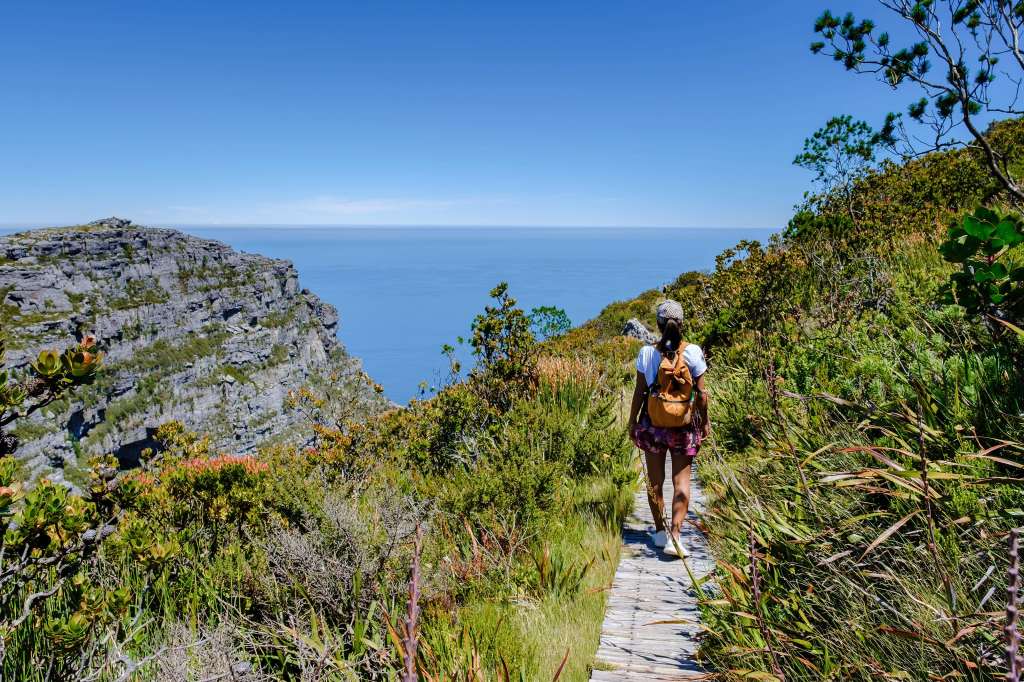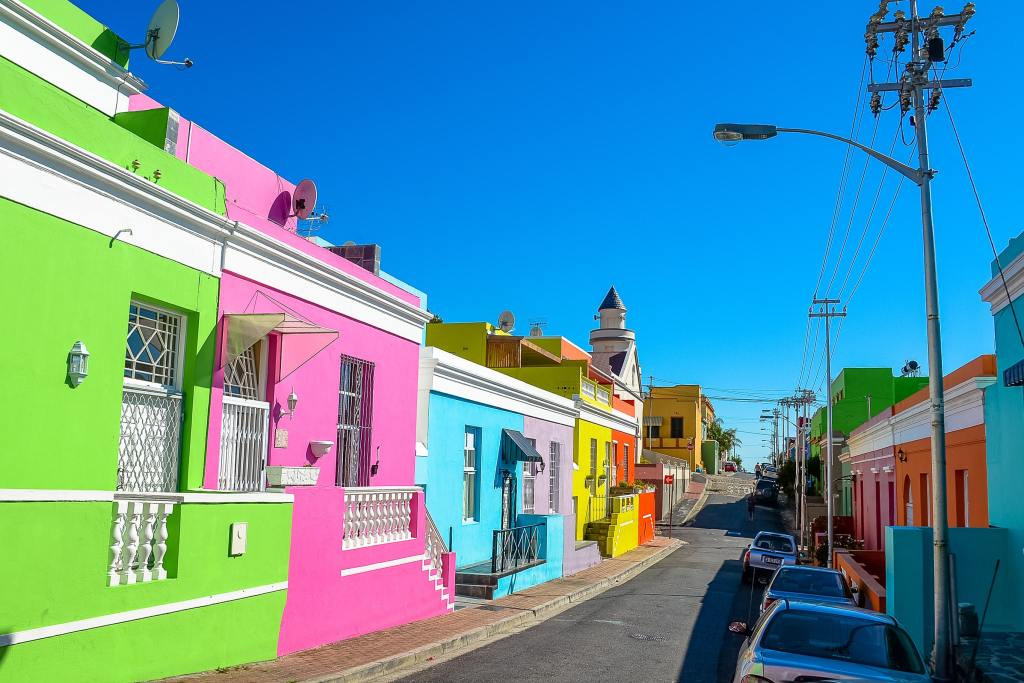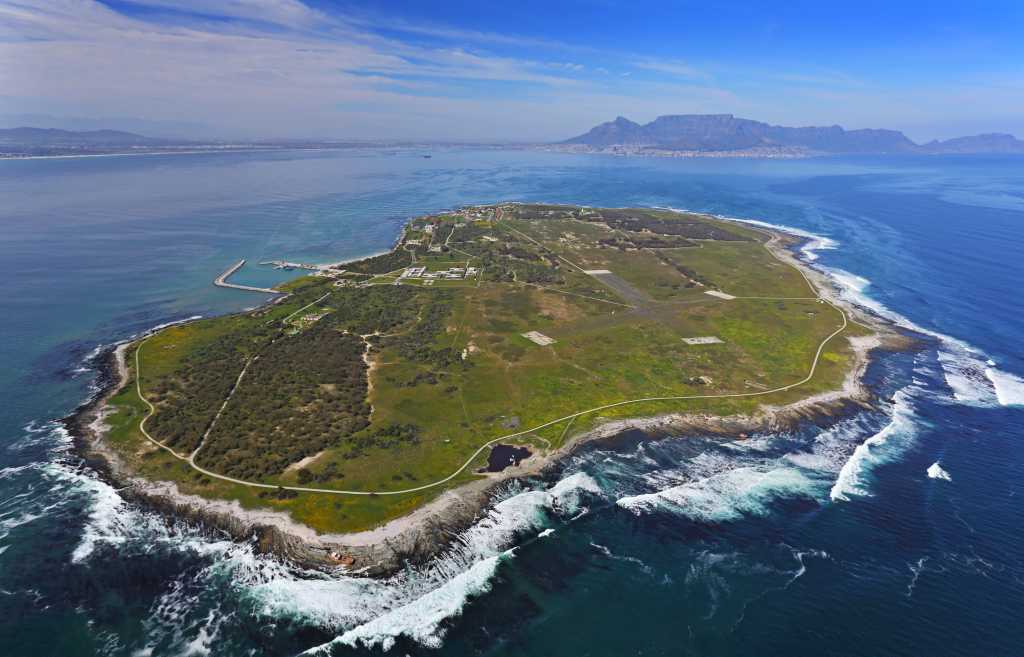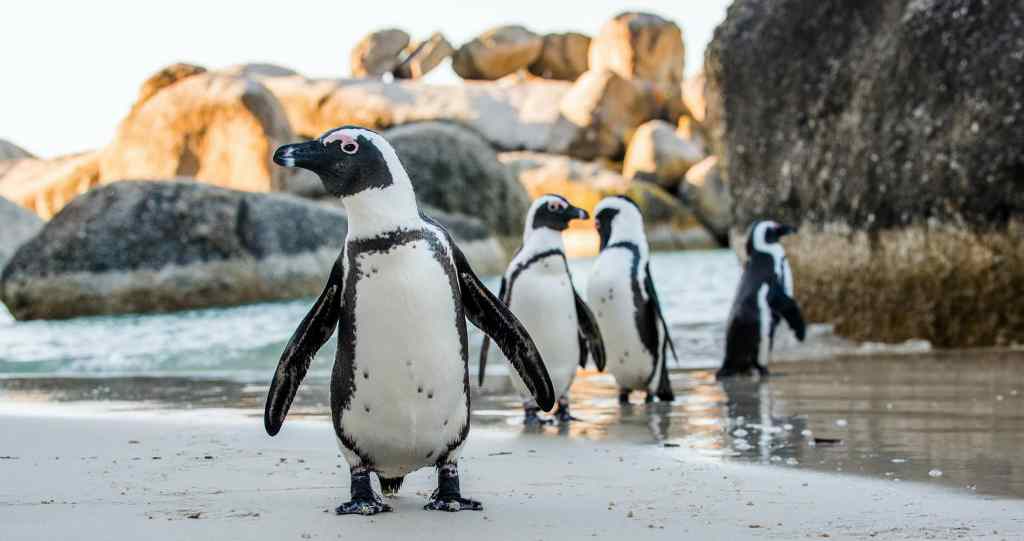Climate
The climate in Cape Town is classified as Mediterranean, characterised by warm, dry summers and mild, wet winters. Rainfall is most common from May to September. The city enjoys plenty of sunshine throughout the year
Money
South Africa uses the South African Rand (ZAR).
Most shops and hotels will accept all major credit cards, although AMEX is not commonly accepted. The main banks in South Africa are ABSA, Capitec, FNB, Standard Bank, and Nedbank.
Banking hours:
Monday to Friday: 09.00 – 15.30
Saturday: 08.30 – 11.00
Students on a study visa may open a local bank account. The closest bank to EC is Standard Bank, which is opposite the Clicks Pharmacy on Long Street. You will need the following to open a bank account: valid passport with study visa, an EC confirmation of study letter, and proof of Cape Town residential address.
Telephone Country Code
The country code for South Africa is +27. When dialing locally within Cape Town, area code 021 is commonly used, so international callers dialing Cape Town would use +27 21 followed by the local number.
Electricity
220/230 volts; 50 Hz. Wall plugs are domestically manufactured and are not compatible with foreign plugs. Adaptors are widely available in major supermarkets.
Loadshedding
South Africa has a constrained electricity supply. When the electricity supply is limited, loadshedding is implemented. This means that power is switched off in certain areas at certain times. Students should download the Eskom se Push app which will inform students of loadshedding times should loadshedding be implemented at short notice.
Tap water
Tap water in Cape Town is generally safe to drink and meets health standards, although the taste may differ to what you are used to. However, bottled water is readily available if preferred. Cape Town is in a water-scarce area and is prone to drought conditions. Please use water responsibly and try to save water where possible.








